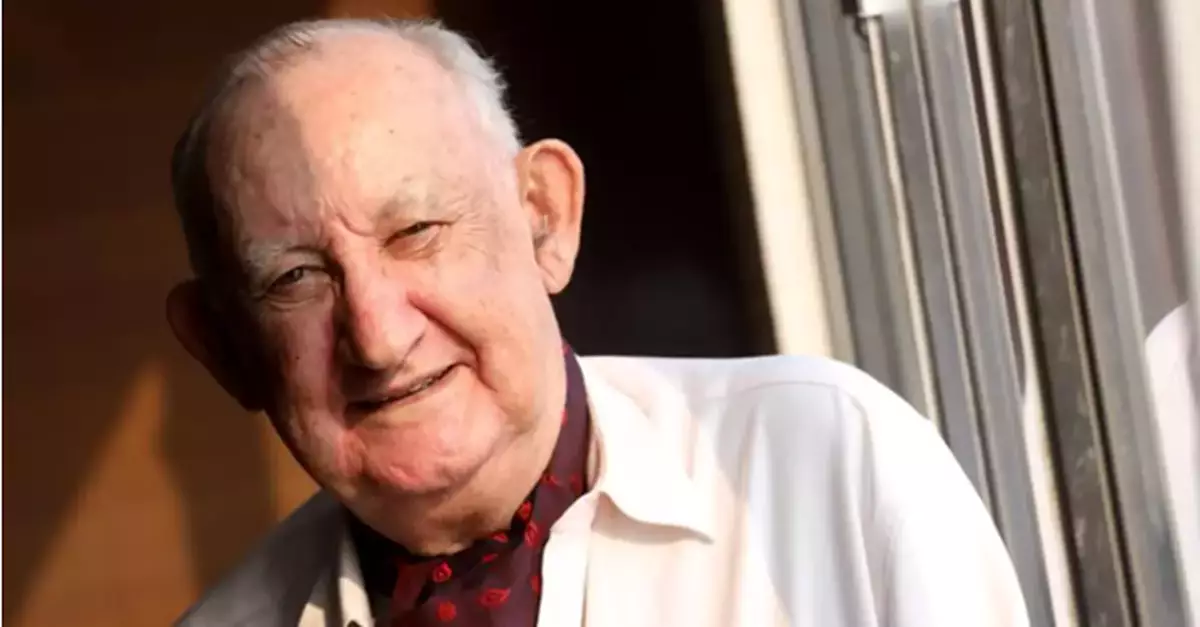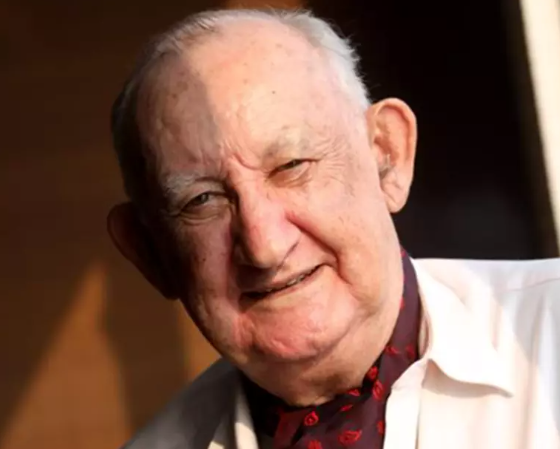The Australian senate has decided that Taiwan is not part of China, despite its federal government’s stand and that of the United Nations that there is only one China.
A bipartisan group of senators, who took part in the US-funded Interparliamentary Alliance on China (IPAC) conference in Taiwan, claim that the UN resolution identifying the People’s Republic of China (PRC) as the sole China state, did not include Taiwan.
But even then it did not include Hong Kong, which is now a Special Administrative Region of the PRC. For 150 years Hong Kong was administered by the United Kingdon and was recognised as a British colony. Taiwan was settled by Kuomintang soldiers after their defeat by the communists only 80 years ago and remains a stronghold for this isolated group. However, China maintains it is officially Chinese territory, the same as Hong Kong when it was leased to the British.
If there is only one China, why is it necessary to include all of its provinces?
The Australian senators were obviously not aware of a 1972 communique establishing diplomatic relations between the two countries in which Australia recognized the PRC as “the sole legal government” and that the federal government acknowledged that Taiwan was a province of the PRC.
In a television interview in Australia in early August, former prime minister Paul Keating said the people of Taiwan were sitting on Chinese real estate and that it was part of China. He added that the United States could not and would not win a Taiwan Strait war and that Australia would only incur disadvantages by siding with America.
During the previous leadership in Australia under the then pro-American prime minister Scott Morrison, there was open talk about going to war with China over the island. Peter Dutton, then defence minister and now leader of the opposition, proclaimed that it was inconceivable that Australia would not support the US in any conflict with China over Taiwan and warned of the terrible price of inaction on Taiwan.
There may have been some sabre-rattling when US House Speaker Nancy Pelosi visited Taiwan, which the US propaganda team used as threatening war. Unlike its strong opponent, China is not a warmonger and has never instigated a war anywhere in the world. It is a peace maker and saber-rattling is not war, but a show of force.
But despite all the rhetoric about the status of Taiwan, the Australian government has always and still does recognize the one China policy.
Australian sponsors of the Taiwan motion were Labor senator Deb O’Neil and Liberal senator David Fawcett, both of whom attended the July meeting of IPAC in Taiwan where attending lawmakers from six countries agreed to counter the UN Resoution 2758 (recognizing the one China policy) in their home countries. Taiwan became a member of IPAC during the meeting.
So, IPAC is pro-Taiwan, anti-China and is funded, in part, by the US State Department’s National Endowment for Democracy (NED) as well as the Taiwan Foundation for Democracy. A member of the group is Britain’s Lord David Alton, a rabid China-hater, who has fuelled discontent among activists seeking to bring down the Hong Kong admnistration. The bias of IPAC is clear and is clouded by the US influence to undermine China.
The Australians, under the Morrison regime had been greatly prejudiced by the Americans as illustrated when Morrison cancelled a French agreement to build submarines in favor of an expensive American deal which formed an alliance of AUKUS (Australia/United Kingdom/United States) as a military force.
So there can be no doubt that the move by Australian senators is nothing more than a political ploy to appease the Americans and will not change Australia’s position that there is only one China.
Mark Pinkstone
** The blog article is the sole responsibility of the author and does not represent the position of our company. **



